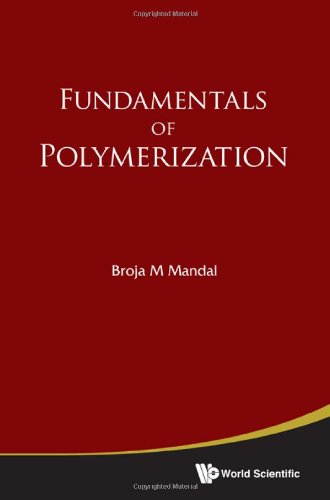

Most ebook files are in PDF format, so you can easily read them using various software such as Foxit Reader or directly on the Google Chrome browser.
Some ebook files are released by publishers in other formats such as .awz, .mobi, .epub, .fb2, etc. You may need to install specific software to read these formats on mobile/PC, such as Calibre.
Please read the tutorial at this link: https://ebookbell.com/faq
We offer FREE conversion to the popular formats you request; however, this may take some time. Therefore, right after payment, please email us, and we will try to provide the service as quickly as possible.
For some exceptional file formats or broken links (if any), please refrain from opening any disputes. Instead, email us first, and we will try to assist within a maximum of 6 hours.
EbookBell Team

5.0
90 reviewsOver the last twenty years, the field of the chemistry of polymerization witnessed enormous growth through the development of new concepts, catalysts, processes etc. Examples are: non classical living polymerizations (group transfer polymerization, living carbocationic polymerization, living radical polymerization and living ring-opening metathesis polymerization (ROMP)); new catalysts (metallocenes and late transition metal catalysts for stereospecific polymerization, Schrock and Grubbs catalyst for ROMP among others) and new processes such as miniemulsion, microemulsion polymerization and dispersion polymerization (in polar solvents). Apart from the developments in the chemistry of polymerization, methods have been developed for the evaluation of highly reliable rate constants of propagation in radical as well as cationic polymerization. All these have revolutionized the field of synthetic polymer chemistry. In the book, fundamentals of both the new and old polymerization chemistry have been dealt with. The new chemistry has been given nearly equal space along with the old. Readership: Academics and professionals in polymer chemistry.